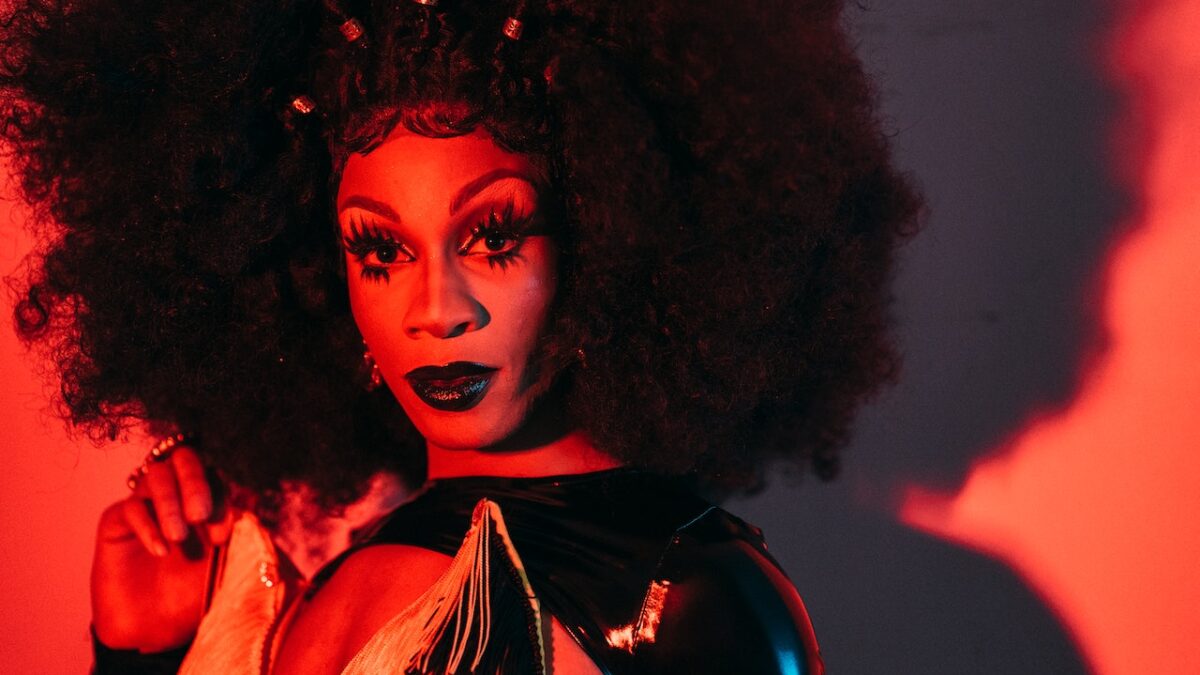
Over at the Washington Post, Forward opinion editor Batya Ungar-Sargon argues “Of course women can fantasize about domination but still insist on consent.” She writes that there is nothing wrong with women flocking to see the latest “Fifty Shades of Grey” flick, which glamorizes a man criminally transgressing sexual boundaries with his enabling female partner, while continuing to publicly express horror at men who follow suit in real life.
What we are asking of men is to know that women can fantasize about quasi-consent but that it is supremely unsexy when men engage in it. We can want romance novels and movies and rom-coms to indulge those ideas without wanting them to leap into real life.
Perhaps future women raised in cultures blessedly freed from patriarchy will no longer want to read ‘Fifty Shades of Grey.’ But until we are a nation of such Amazons, let us not insist that women give up their pleasures. We can demand a new reality while enjoying our old fantasies.
Besides consent, hypocrisy is just about the only standard our secular elites have preserved to wield against transcendent moral norms. Censure against people like Roy Moore and Bill Cosby is all the stronger because their accused misdeeds contradict public standards they’ve advocated.
Yet it appears Ungar-Sargon is fine with hypocrisy now as long as it’s directed towards her preferred form of sexual deviance. Under her standard, it would be okay for Moore to fantasize about molesting teen girls so long as he never actually followed through on these fantasies. If that’s not moral cretinism, I don’t know what is.
MeToo types loudly led the condemnation chorus when allegations against Moore surfaced, enhanced by clucking about what a hypocrite he was. In that instance, hypocrisy was definitely a problem. So tell me again when hypocrisy is okay and when it’s not? It’s okay to have debauched thoughts so long as you don’t act on them, but not okay to publicly advocate much higher sexual mores if you transgress that standard?
At bottom, this is to advocate for “I get to do whatever I want, whenever I want, and for any reason or no reason at all.” That is not any system of morals, but a refusal to acknowledge any objective standard. It is a replacement of morality with immorality, with chaos inside which every person becomes his own god, his or her own arbiter of what’s right.
It’s Slavery, Not Freedom, to Consent to Your Own Mistreatment
Ungar-Sargon may think this represents freedom, but what it ultimately fosters is the culture of predation by strong upon weak at the core of everything the MeToo women are complaining about. For example, how can courts ensure justice for victims of sexual violence when there is no social agreement about what constitutes justice or sexual violence? If mere consent is the standard, one woman’s rape could turn out to be another woman’s post-encounter regret for kink she consented to at the time, or thought she consented to until she experienced it.
This precisely what repeatedly happens in “Fifty Shades,” which depicts things like a woman asking a man to beat her blue with a belt, then regretting afterwards (duh!) that she had agreed to this. Does the fact that Anastasia agreed to it make abusing her okay? No, it doesn’t. Anyone who says otherwise is also a moral cretin.
Abuse victims very frequently assent to their abuse, whether it’s psychological, physical, or sexual. This mindscrew is in fact part of the abuse. Being able to know and affirm this truth requires establishing non-arbitrary standards for behavior outside of the parties engaging in it. It requires dissenting when morally confused people like Ungar-Sargon insist the only arbiter of what is good for women and society is each individual in isolation. It requires deciding what the boundaries should be for the common and individual good and then, yes, enforcing them, both legally and socially. That requires clarity about what, over time, has proven to encourage and hinder human flourishing, not ignorant, short-sighted, experience-shriven, and feelings-driven decisions made in the moment.
This is why there is no such thing as private morality. Ungar-Sargon’s moral relativism affects all the rest of us, by rationalizing and thus encouraging actions that ultimately lead to individual and social harm.
Telling people that it’s okay to want and even obsess about evil things so long as you don’t act on them is particularly harmful to the most vulnerable members of society, who do not have as much strength to separate their fantasies from their actions. It is not woman- and sex-protective to message how great it is that women fantasize about being brutalized to the tune of a franchise worth $1 billion, either to men susceptible to acting on the implicit teaching that “women want it” or to women who are now more conditioned to accept brutalization in the completely unrealistic hope that putting up with it can save a warped lover.
And let’s be real: All of us are this vulnerable. What we fantasize about shapes us. It indicates and strengthens our desires, and desires — not always but frequently — lead to action. This is why, if someone fantasizes about something truly horrible, like killing himself or torturing others, we refer him to a psychotherapist, and quickly. “Suicidal ideation” is not a joke. So why is sadomasochist ideation?
What Women Want from ‘Fifty Shades’ Is Not the Beatings
So if the truth of “Fifty Shades” trilogy is not that women want to be beaten, or that cruelly mistreating women is okay so long as they agree to it, what is it? What is it that women actually like about “Fifty Shades”?
It’s not the kinky sex. That’s the torture Anastasia endures to purify her man, to slowly transform him into someone who doesn’t hurt her, to bring him back out of the abyss. It’s a means to an end, something evil she puts up with to get to her goals, not something she or any sane woman wants in itself. That end she and her fans seek is something actually taboo in today’s culture: A man committed to her who protects and exercises authority over her, even if he takes these traits many steps too far. Modern women are apparently not only that desperate for male leadership, they’re that unable to express a healthy form of this desire.
The taboo women transgress in fueling the commercial success of this series isn’t the kink, since the West now celebrates every form of sexual deviance while shaming every sexual restraint. The taboo is what used to be the norm: a man and woman committed to each other in a relationship where the man captains the ship. Our culture’s latent feminism has so forced women to suppress this desire that we are only allowed to publicly express it in the most twisted and unrealistic forms, like “Fifty Shades.” We’re only allowed to say we want the wedding and the kids and the housewifery if the price we pay for it is sexual brutalization.
It’s a crying shame that American women, as liberated as we are and pretend to be, still aren’t free enough to demand all the great things out of this arrangement without having to, either in “Fifty Shades” fantasy or real-life MeToo-land, endure all its horrors.









